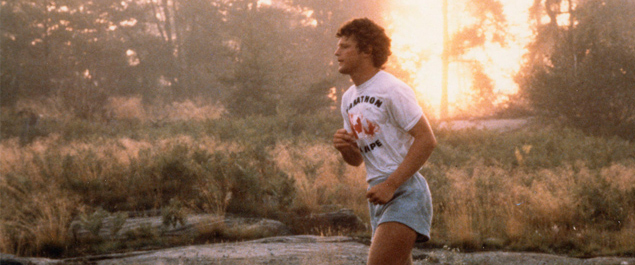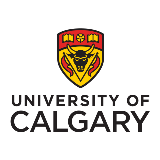)
Mission and Vision
Our Mission
Inspired by Terry Fox’s determination, to work together harnessing the talent, passion and energy of Canada’s best researchers and clinicians to innovate and implement the world’s most advanced and effective precision medicine for cancer network - treating Canadians across the nation with a Canadian science and technology solution.
Our Vision
Uniting our country to cure cancer.
Our story
WHEN TERRY FOX set out on his Marathon of Hope in 1980, his goal was to raise awareness and money for cancer research. He didn’t know it at the time, but his vision would achieve something even larger than that—it would unite Canadians and allow them to dream of a world without cancer. Researchers, patients, donors, volunteers and clinicians across the nation have worked tirelessly over the past four decades to keep this dream alive.
Now, we have a roadmap that we hope will make this dream a reality. The Marathon of Hope Cancer Centres Network – a bold initiative led by the Terry Fox Research Institute and the Terry Fox Foundation, in collaboration with dozens of fundraising and research partners across the country, including the Federal Government of Canada – brings Canadians together again under Terry’s vision. The goal of the roadmap is to link the country’s top cancer hospitals and research centres to accelerate the implementation of precision medicine for cancer.
Introducing the Marathon of Hope Cancer Centres Network
The Marathon of Hope Cancer Centres Network is the realization of a long-standing vision of the Terry Fox Research Institute. Inspired by Terry Fox and his Marathon of Hope, the network represents a powerful collaborative platform that aims to close the gap between research in the lab and patient care in the clinic. Just as Terry Fox united Canadians with his run and dream to end cancer, the Marathon of Hope Cancer Centres Network aims to unite our cancer researchers to pursue that same goal with precision medicine.
Terry Fox and the Marathon of Hope
Terry Fox was born in Winnipeg, Manitoba, and raised in Port Coquitlam, British Columbia, a community near Vancouver on Canada's west coast. An active teenager involved in many sports, Terry was only 18 years old when he was diagnosed with osteogenic sarcoma and forced to have his right leg amputated 15 centimetres above the knee in 1977.
While in hospital, Terry was so overcome by the suffering of other cancer patients, many of them young children, that he decided to run across Canada to raise money for cancer research.
He would call his journey the Marathon of Hope.
After 18 months and running over 5,000 kilometres (3,107 miles) to prepare, Terry started his run in St. John’s, Newfoundland on April 12, 1980 with little fanfare. Although it was difficult to garner attention in the beginning, enthusiasm soon grew, and the money collected along his route began to mount. He ran close to 42 kilometres (26 miles) a day through Canada's Atlantic provinces, Quebec and Ontario.
However, on September 1st, after 143 days and 5,373 kilometres (3,339 miles), Terry was forced to stop running outside of Thunder Bay, Ontario because cancer had appeared in his lungs. An entire nation was stunned and saddened. Terry passed away on June 28, 1981 at the age 22.
The heroic Canadian was gone, but his legacy was just beginning.




















































